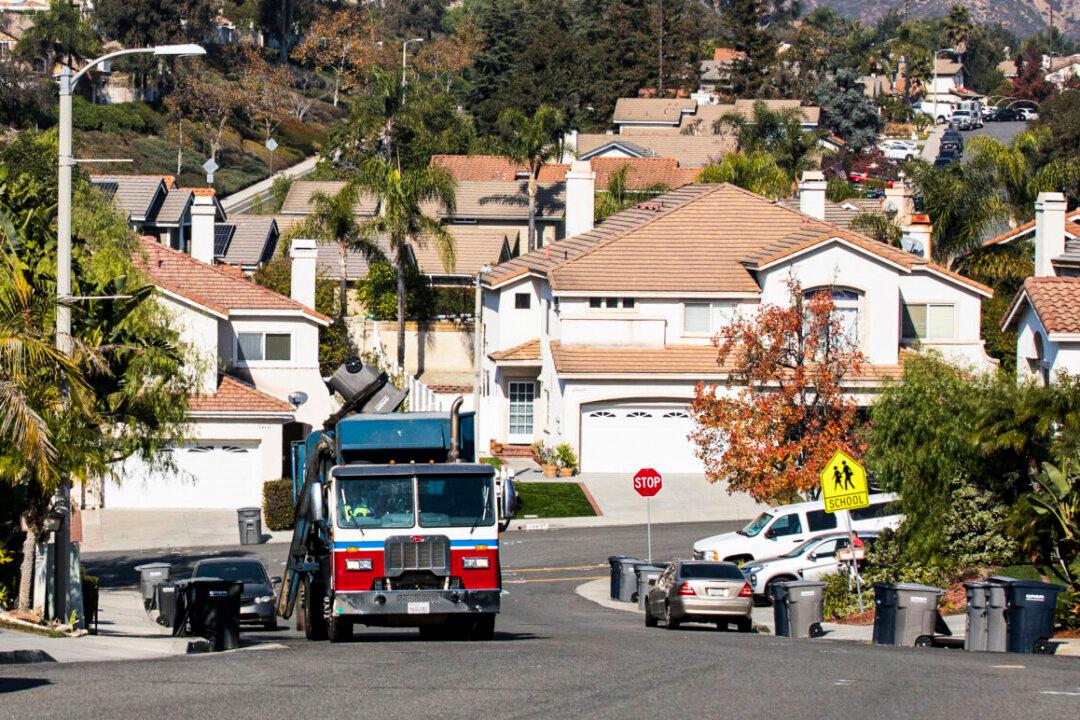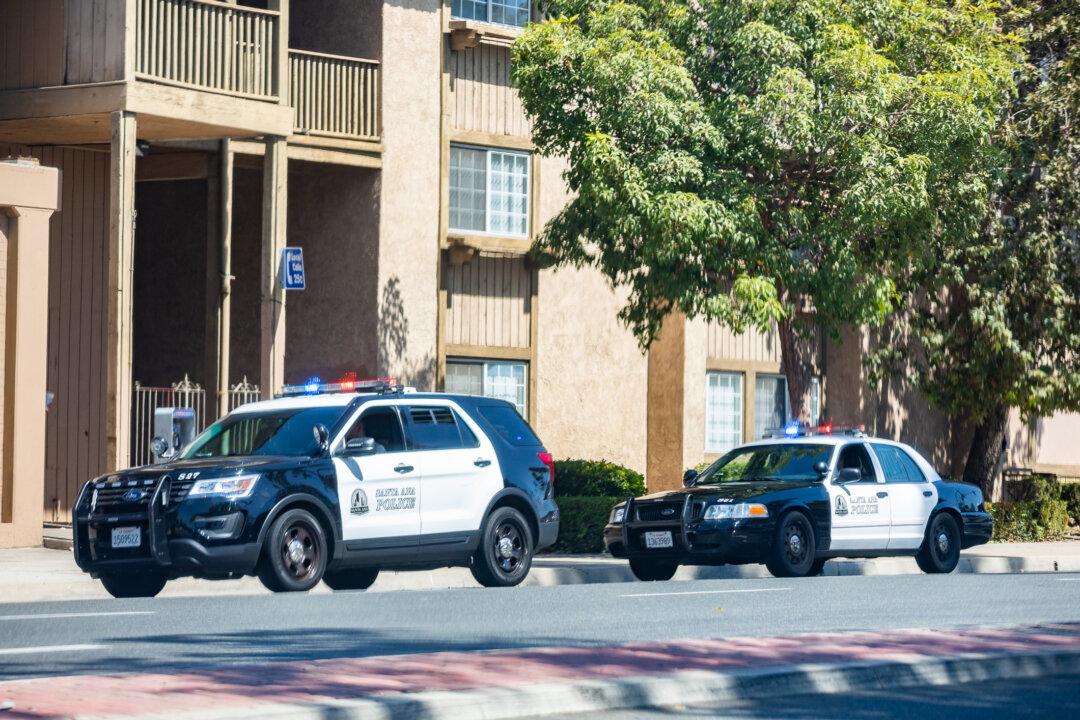A new California law will require residents and businesses to separate their organic waste from their usual garbage into green waste bins beginning Jan. 1, 2022.
Senate Bill 1383 was originally signed into law by then Gov. Jerry Brown in 2016 with the goal of reducing toxic gasses generated during food waste decomposition.





